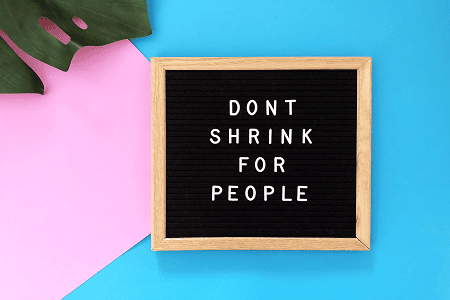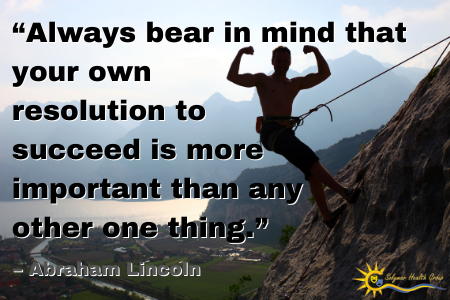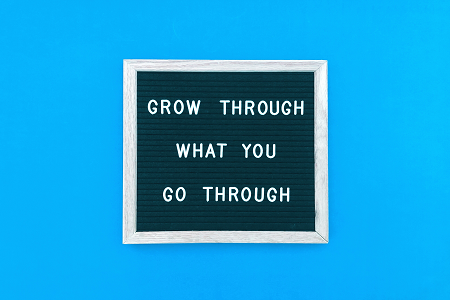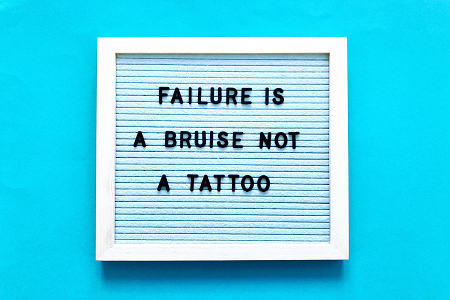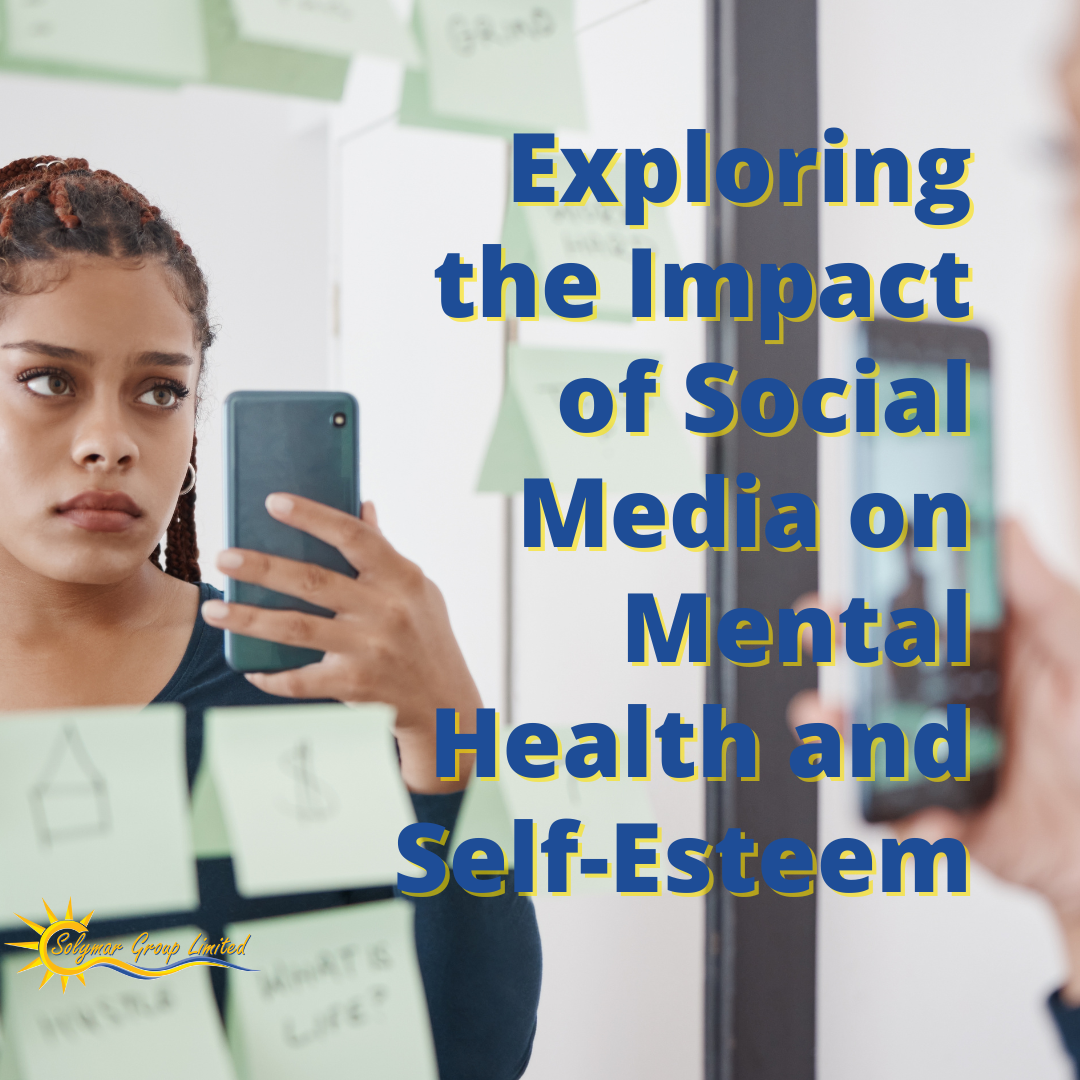 Social media has become a ubiquitous part of our lives, with billions of people around the world using platforms like Facebook, Twitter, and Instagram to connect with friends and family, share experiences, and consume news and entertainment. While social media can offer many benefits, such as facilitating social connections and providing a sense of community, research has also suggested that it can have negative impacts on mental health and self-esteem.
Social media has become a ubiquitous part of our lives, with billions of people around the world using platforms like Facebook, Twitter, and Instagram to connect with friends and family, share experiences, and consume news and entertainment. While social media can offer many benefits, such as facilitating social connections and providing a sense of community, research has also suggested that it can have negative impacts on mental health and self-esteem.
In this article, we will explore the impact of social media on mental health and self-esteem, discussing the potential negative effects and offering strategies for promoting positive social media use and building resilience in the face of social media pressures.
The Effects of Social Media on Mental Health
Research has found that social media use is associated with a range of mental health problems, including depression, anxiety, and loneliness. One study found that frequent social media use was associated with higher levels of anxiety and depression, particularly in younger people. Another study found that spending more than two hours a day on social media was associated with increased risk of social isolation and feelings of loneliness.
There are several ways in which social media use may contribute to these negative outcomes. For example, social media can foster unrealistic expectations and social comparisons, leading individuals to feel inadequate and envious of others. This can exacerbate feelings of anxiety and depression, particularly in those who are already vulnerable to these conditions.
In addition, social media can contribute to feelings of social isolation and loneliness by creating a false sense of social connection. While social media can allow individuals to connect with others in new ways, it can also lead to a sense of disconnection from real-world relationships, particularly if social media use becomes a substitute for face-to-face interactions.
The Effects of Social Media on Self-Esteem
Social media can also impact self-esteem by creating pressure to present a perfect image online and by fostering constant comparisons to others. This can lead to negative outcomes such as body dissatisfaction, lower self-worth, and a distorted sense of self-image.
Research has shown that exposure to images of idealized body types on social media can contribute to negative body image and disordered eating behaviors (3). In addition, the constant comparison to others that can occur on social media can lead to a sense of inadequacy and lower self-esteem, particularly if individuals feel that they are not living up to the perceived standards set by others.
Strategies for Promoting Positive Social Media Use
While social media can have negative impacts on mental health and self-esteem, there are strategies that individuals can use to promote positive social media use and minimize the potential negative effects. Some tips for using social media in a positive and healthy way include:
- Setting boundaries: Establishing limits on social media use can help prevent overuse and promote a healthy balance between online and offline activities.
- Taking breaks: Regular breaks from social media can help individuals recharge and maintain a healthy perspective on their social media use.
- Promoting positive content: Sharing positive content and engaging with others in a supportive and constructive manner can help foster a positive online community and promote feelings of connection.
- Focusing on meaningful connections: Prioritizing meaningful relationships and connections on social media can help individuals avoid the negative effects of social comparison and promote positive feelings of social support.
Building Resilience to Social Media Effects
In addition to promoting positive social media use, it is also important to build resilience to the negative effects of social media. This can involve developing a strong sense of self and seeking support from others. Some strategies for building resilience include:
- Developing a positive self-image: Fostering a positive self-image and practising self-compassion can help individuals resist the negative impacts of social comparison and promote self-esteem and self-worth.
- Seeking social support: Connecting with others and seeking support from friends
Another strategy for navigating social media challenges is to take action when faced with cyberbullying or negative comments. Unfortunately, cyberbullying is a growing problem on social media platforms. According to a study conducted by the Cyberbullying Research Center, over 34 percent of students have experienced cyberbullying, and over 15 percent have cyberbullied others. Cyberbullying can take many forms, including harassing messages or comments, spreading rumors, or sharing embarrassing photos or videos.
If you or someone you know is experiencing cyberbullying, it's important to take action. One effective strategy is to report the bullying to the social media platform where it is occurring. Most platforms have specific reporting tools for cyberbullying or harassment. Reporting the behaviour can result in the offending account being suspended or removed from the platform, and it can also help prevent further incidents.
It's also important to seek support from others when dealing with cyberbullying or negative comments. This can include talking to a trusted friend or family member or seeking support from a mental health professional. Many schools and workplaces also have policies in place to address cyberbullying, and it can be helpful to reach out to a teacher or supervisor for support.
In addition to seeking support, it's important to practice self-care when dealing with negative experiences on social media. This can include taking a break from social media, engaging in activities that promote relaxation and stress relief, and practising mindfulness or meditation. By taking care of yourself, you can better manage stress and maintain a positive outlook in the face of challenges.
Conclusion
In conclusion, social media has become an integral part of our lives, providing opportunities to connect with others, share experiences, and express ourselves. However, it's important to be aware of the potential impact of social media on mental health and self-esteem. Social media can contribute to feelings of social isolation, anxiety, and depression, and it can also impact self-esteem by creating pressure to present a perfect image online and by fostering constant comparisons to others.
To promote positive social media use and build resilience to its potential negative effects, it's important to set boundaries, seek support from others, and practice self-care. By focusing on meaningful connections and cultivating a positive self-image, we can use social media in a way that enhances our well-being and enriches our lives.
Hashtags: #socialmedia #mentalhealth #selfesteem #wellbeing #positivity #resilience #support #challenges #selfimage

